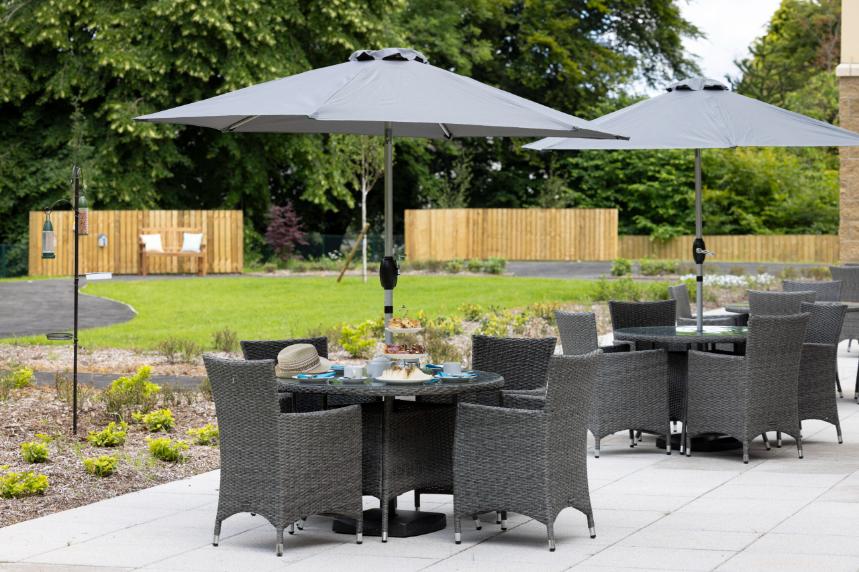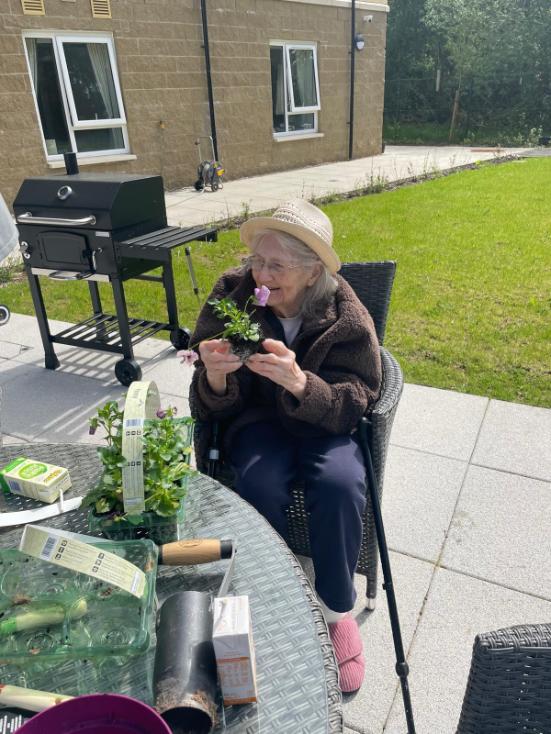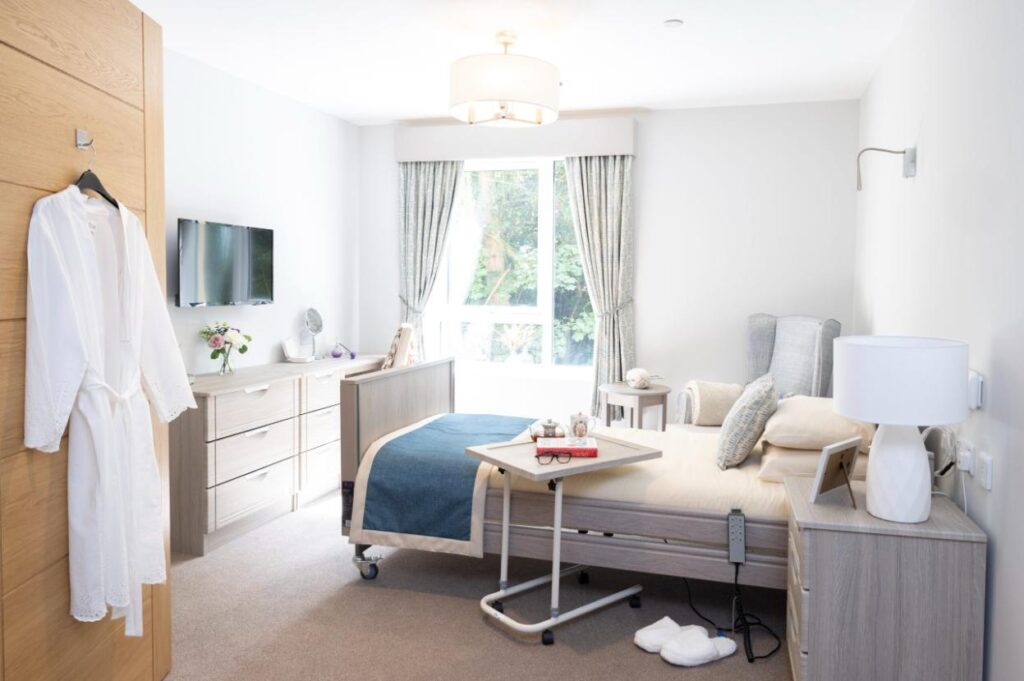When to Consider Residential Care: A Guide for Families

Deciding whether a residential care home is the right next step for yourself or a loved one is never easy. It’s a choice that’s often accompanied by a mix of emotions, from guilt and uncertainty to hope and relief. You might be wondering if this is the best option, what care homes offer, or even where to start. This guide is here to help you understand what residential care involves, how to assess your options, and what support is available to make this important transition as smooth and positive as possible.
What Is Residential Care?
Residential care is a type of support for people who find it increasingly difficult to manage everyday tasks at home. It offers a safe and caring environment where personal care is available 24 hours a day, helping individuals maintain their dignity and independence while relieving the pressures of managing alone.
At its core, residential care is about creating a space where individuals feel valued, supported, and part of a community. Unlike nursing homes, residential care homes focus on providing personal care rather than medical or nursing support. This makes them a good choice for people who need help with day-to-day activities and would like to continue to have a busy and full social life full of activity, but do not require round-the-clock medical attention.
Residential care homes can be operated by various entities, including private companies, which play a significant role in the provision of care services.
Residential care homes provide assistance with a range of everyday tasks, including:
- Personal care: Support with washing, dressing, and grooming to ensure your loved one feels comfortable and confident in their daily routine.
- Mobility support: Help for individuals who may struggle with getting in and out of bed, moving around the home, or using stairs safely.
- Meal preparation and nutrition: Nutritious meals tailored to individual preferences and dietary needs, ensuring residents are well-fed and looked after.
- Medication reminders and assistance: Ensuring any prescribed medication is taken at the right times.
It’s also important to remember that residential care is about meeting people where they are in life. Some people only require temporary care—for example, after an illness or hospital stay—while others may need long-term support. Whatever the situation, the goal is always the same: to provide compassionate, personalised care that supports the individual’s well-being and happiness.



How Do I Know If Residential Care Is the Right Step?
One of the most challenging parts of this journey is deciding whether residential care is the right next step for yourself or your loved one. It’s a deeply personal decision that can stir up a range of emotions, from uncertainty and guilt to relief and hope. While no two situations are the same, there are some clear signs and questions you can reflect on to help guide you toward the best choice.
Here are a few key areas to consider:
1. Difficulty Managing Everyday Tasks
A common sign that residential care might be the right step is if daily life is becoming increasingly difficult to manage. For example, you might notice struggles with:
- Preparing meals and eating properly
- Keeping up with personal hygiene, such as washing or dressing
- Managing medication safely or remembering to take it
- Completing household chores like cleaning, shopping, or laundry
If these tasks are causing stress, exhaustion, or safety concerns, residential care can offer the consistent support needed to handle these everyday activities with dignity and ease.
2. Concerns About Safety
Is there a growing worry about safety, either for yourself or your loved one? This could include:
- Frequent falls or accidents in the home
- Leaving appliances on or forgetting to lock doors, which can pose risks to health and security
- Struggling to move around safely due to reduced mobility or frailty
Residential care provides a secure environment with trained staff on hand 24/7 to support residents and respond to emergencies, giving families peace of mind that their loved ones are in safe hands.
3. Increased Isolation or Loneliness
Loneliness can have a profound effect on physical and emotional well-being, particularly for older adults or individuals living with health conditions. If someone is spending much of their time alone, losing interest in activities they once enjoyed, or feeling socially isolated, residential care could provide a fresh sense of community.
Care homes often organise activities, group meals, and outings to encourage social interaction, helping residents feel connected and valued. The companionship of both carers and other residents can make a world of difference to someone who has been feeling lonely.
4. Declining Physical or Mental Health
If physical or mental health is deteriorating, it can sometimes become too much for families to manage on their own. This is especially true if your loved one is living with conditions such as dementia, where symptoms may progress to a point where they need specialist care.
Residential care homes can provide tailored support to meet these changing needs, including dementia-friendly environments and trained staff who understand how to care for individuals with complex conditions.
5. Carer Stress or Burnout
Caring for a loved one can be a rewarding but demanding role, and it’s natural to feel overwhelmed at times. If you’re a carer and finding it increasingly difficult to balance your responsibilities, or if it’s taking a toll on your own health and well-being, it may be time to consider extra support.
Residential care can ease the pressure, allowing you to focus on your relationship with your loved one rather than their daily care needs.



Questions to Ask Yourself
If you’re still unsure if residential care is the right thing for your loved one, here are some questions to reflect on that may help you reach a decision:
- Is my loved one’s quality of life improving, staying the same, or declining in their current situation?
- Is my loved one safe at home? Are there frequent risks, accidents, or near-misses?
- Is my loved one getting the care and support needed each day? Or are small tasks becoming overwhelming?
- Am I, as a caregiver, coping with my responsibilities, or am I feeling stressed, tired, or emotionally drained?
- Would my loved one benefit from more opportunities for companionship, activities, or social interaction?
Taking the time to answer these questions can help you weigh up whether the current situation is sustainable or if residential care might be a better option for everyone involved.
Support from Your Local Council
In Scotland, your local council plays an important role in helping you navigate your options. They can:
- Provide a care needs assessment
- Offer advice on suitable care homes in your area
- Help with financial support, depending on your circumstances
Individuals can consult their local authority to explore financial assistance and options available to them, particularly when facing the high costs of residential care.
Some care homes are run by local councils, while others are managed privately or by charitable organisations. No matter the type, your local council’s adult social care team can guide you through the process of finding the right care home.
How Do I Choose the Right Care Home?
Choosing a care home can feel overwhelming, but taking it step by step can make it much easier. Here’s how to get started:
Do Your Research - Look online for care homes in your area, and take time to read reviews or speak to others who’ve had experience with them.
Visit Care Homes - Arrange to visit any care homes you’re considering. Meeting the staff, seeing the facilities, and getting a feel for the atmosphere can help you decide if it’s the right fit.
Ask Questions - Don’t hesitate to ask about things like daily routines, activities, or how they support residents with specific needs.
Think About Practicalities - Consider things like location, affordability, and what services are offered. For example, is the home close enough for regular family visits? Does it provide the kind of care and community that’s important to you or your loved one?



What’s the Process for Moving Into a Care Home?
Moving into a care home can feel like a big step, but care staff are there to make the transition as smooth as possible. You’ll likely be able to bring personal belongings, such as photos, bedding, or even small pieces of furniture, to help create a sense of home.
Staff will also work closely with you and your family to ensure everything is in place, from organising the practicalities to offering emotional support during the move.
What Happens After the Move?
Once you or your loved one has settled into a care home, the focus remains on ongoing support and adapting care to meet any changing needs. Care plans are reviewed regularly, ensuring that the level of care remains appropriate and effective. Families are encouraged to stay involved, and open communication between residents, staff, and loved ones helps ensure everyone feels reassured and supported.
Deciding on residential care can be a tough decision, but it’s important to remember that the right care home can provide safety, comfort, and a real sense of belonging. It’s a place where you or your loved one can receive the care you need while still enjoying meaningful connections and a fulfilling life.
Take your time with this decision, and don’t hesitate to ask for help—from your local council, healthcare professionals, or the care home staff themselves. By working together, you’ll be able to find a place that truly feels like home. If you're looking for a residential care home near Newton Mearns then please get in touch, we'd be very happy to show you around our home.





